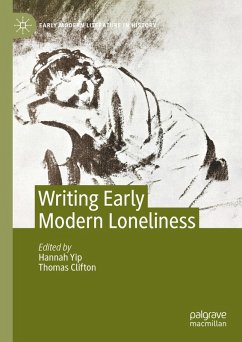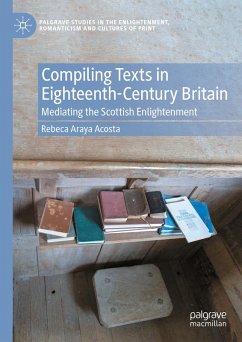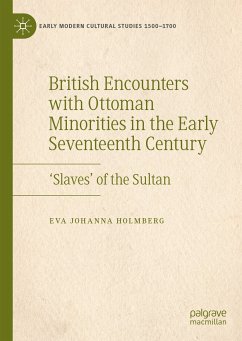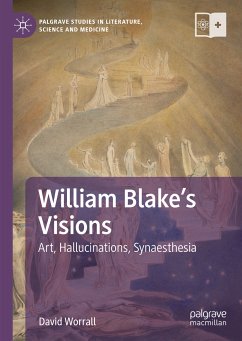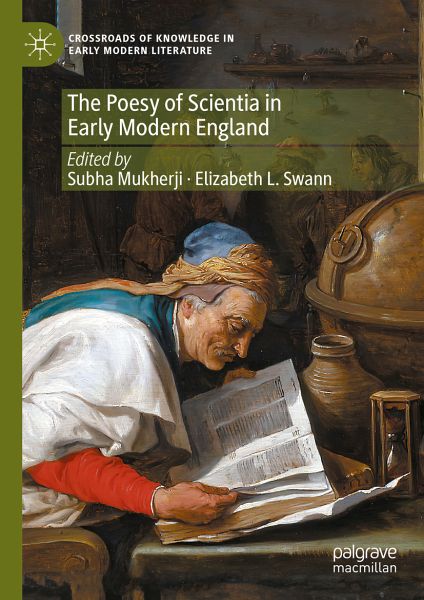
The Poesy of Scientia in Early Modern England (eBook, PDF)
Versandkostenfrei!
Sofort per Download lieferbar
112,95 €
inkl. MwSt.
Weitere Ausgaben:

PAYBACK Punkte
56 °P sammeln!
This book explores interconnections between the modes of knowing that we now associate with the rubrics 'literature' and 'science' at a formative point in their early development. Rather than simply tracing lines of influence, it focuses on how both literary texts and natural philosophy engage with materiality, language, affect, and form. Some essays are invested in how early modern science adopts and actively experiments with rhetorical and poetic modes and expression, while others emphasize a shared investment in natural philosophical topics-alchemy, chance, or astrology for example-that mov...
This book explores interconnections between the modes of knowing that we now associate with the rubrics 'literature' and 'science' at a formative point in their early development. Rather than simply tracing lines of influence, it focuses on how both literary texts and natural philosophy engage with materiality, language, affect, and form. Some essays are invested in how early modern science adopts and actively experiments with rhetorical and poetic modes and expression, while others emphasize a shared investment in natural philosophical topics-alchemy, chance, or astrology for example-that move among the period's observational texts and its literature, highlighting the participation of literary texts in the production of experimental knowledge. Organised around the broad themes of creation and transformation, mediation and communication, and interpretation and imaginative speculation, the essays collectively probe the presumed dichotomy between science's schematizing and taxonomic ambitions, and the fertile and volatile creative energies of literary texts.
Dieser Download kann aus rechtlichen Gründen nur mit Rechnungsadresse in A, B, BG, CY, CZ, D, DK, EW, E, FIN, F, GR, HR, H, IRL, I, LT, L, LR, M, NL, PL, P, R, S, SLO, SK ausgeliefert werden.





